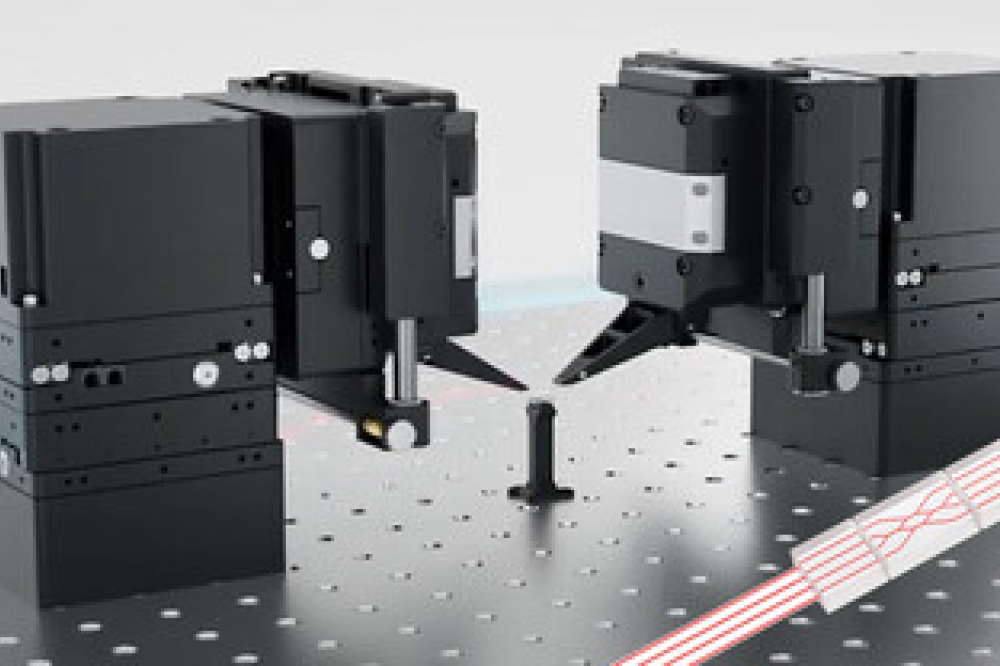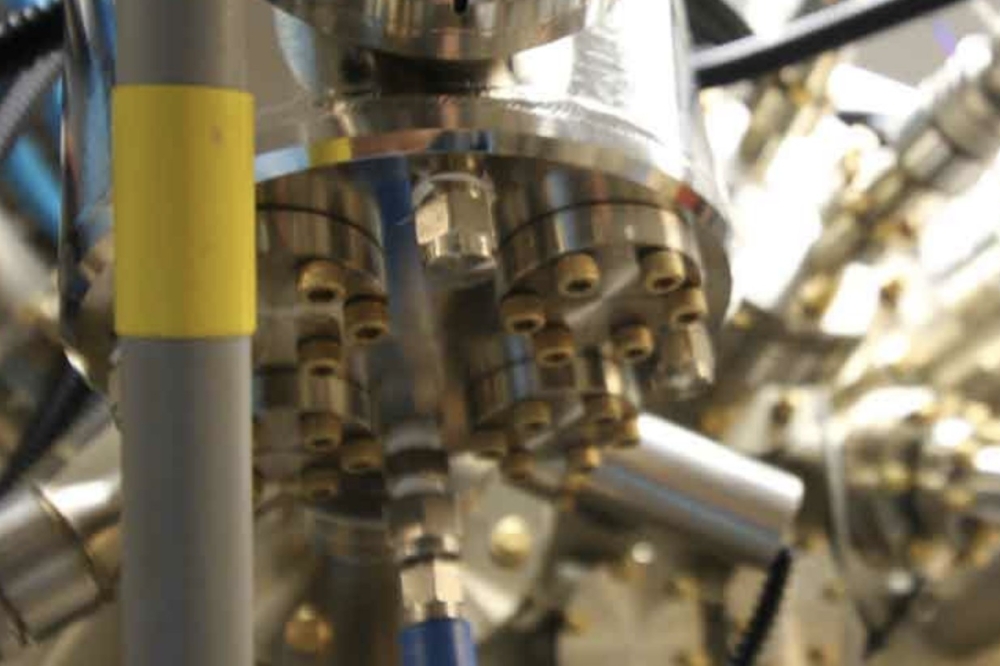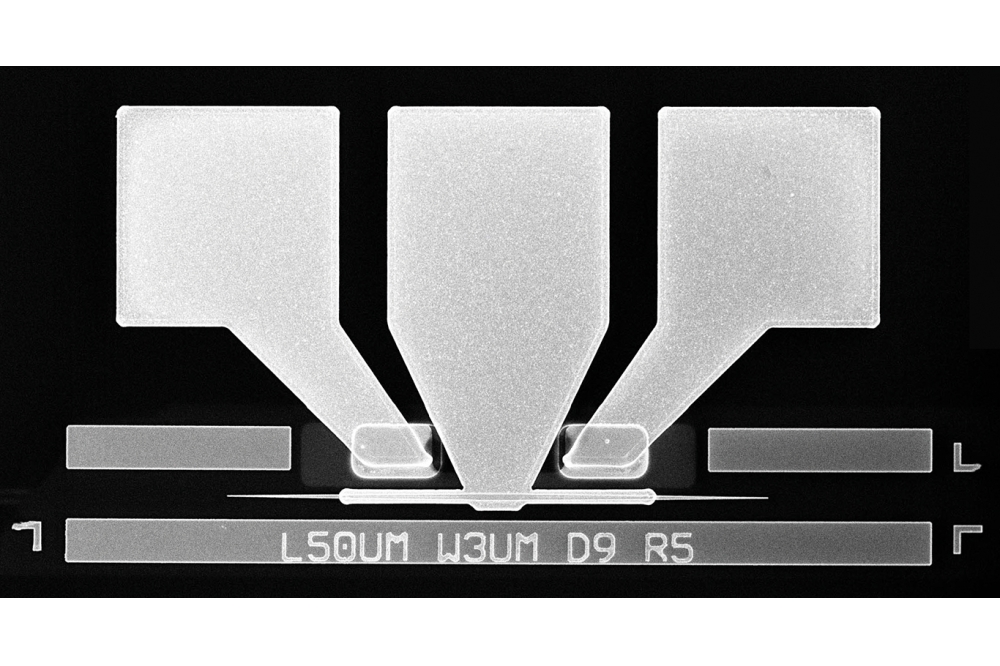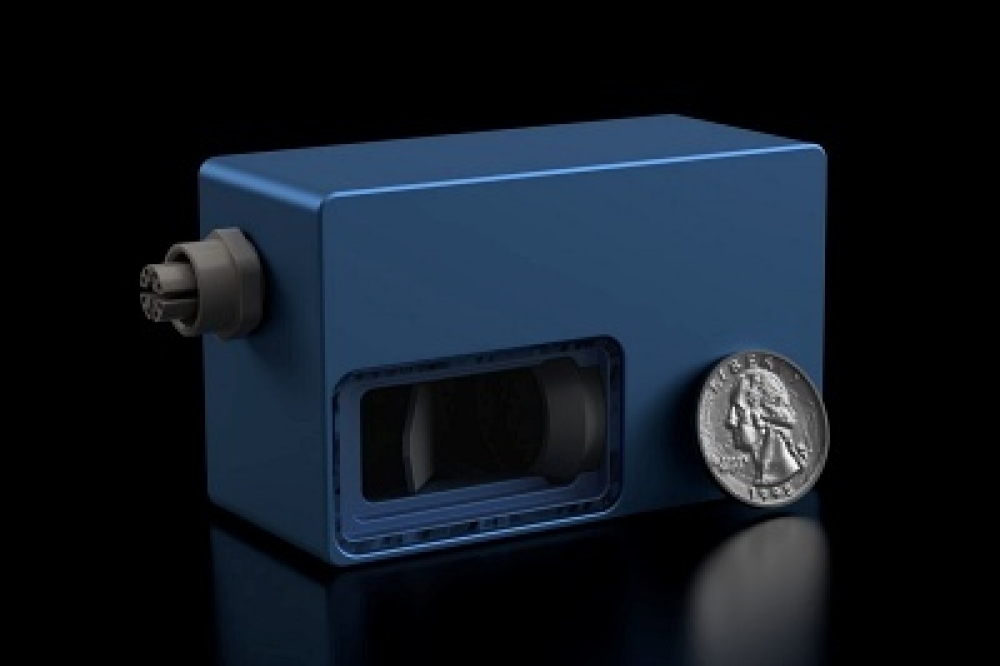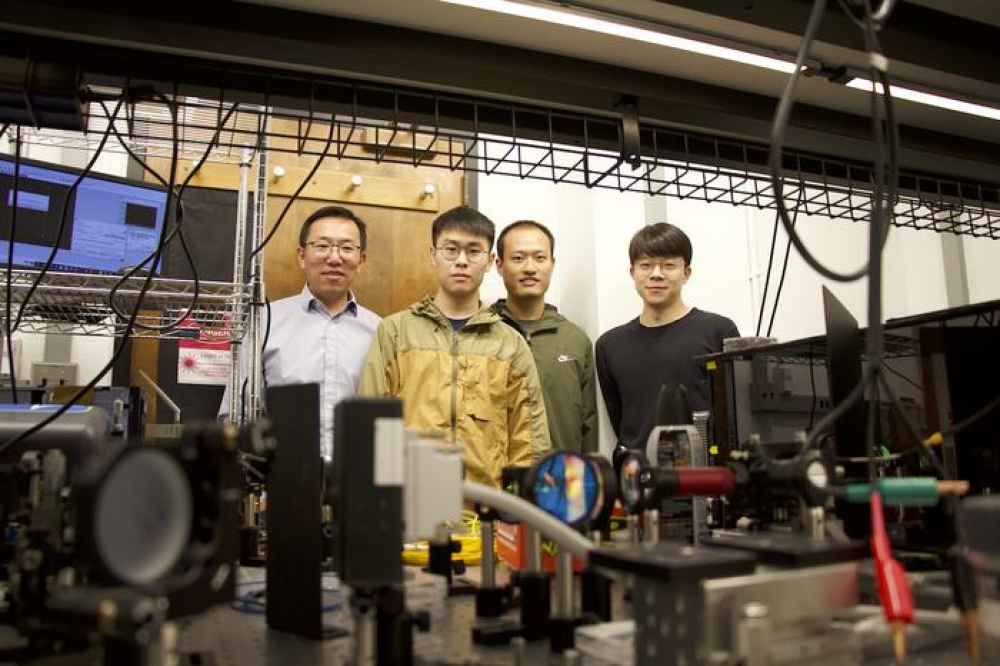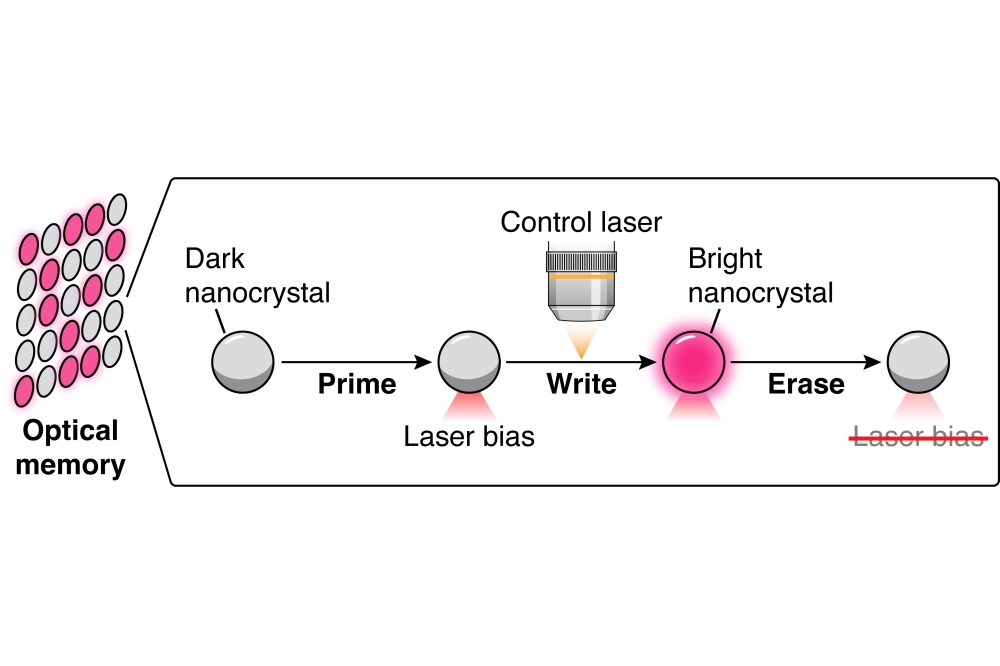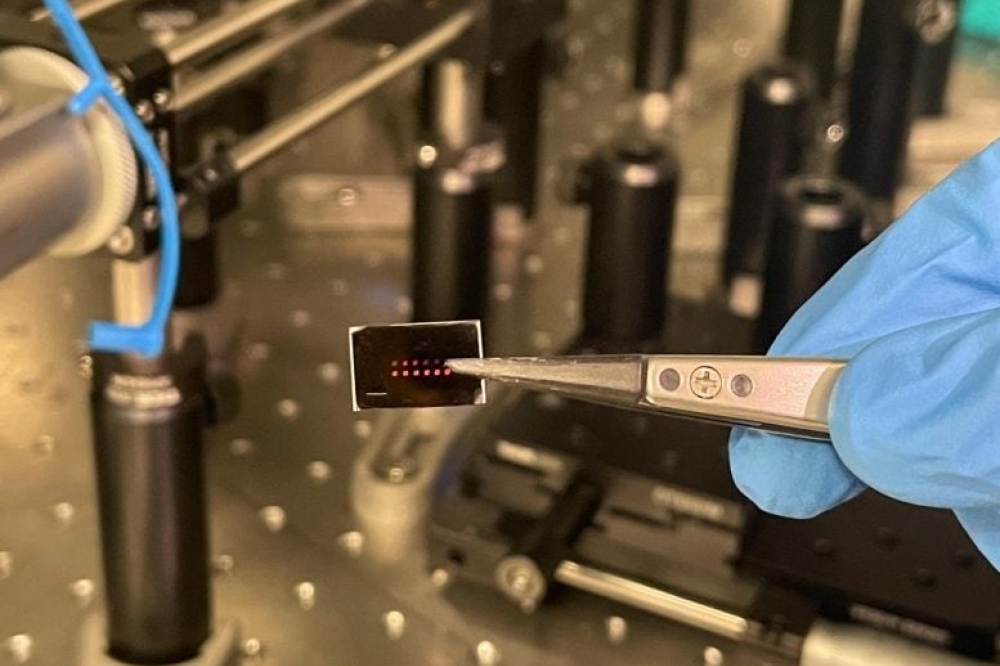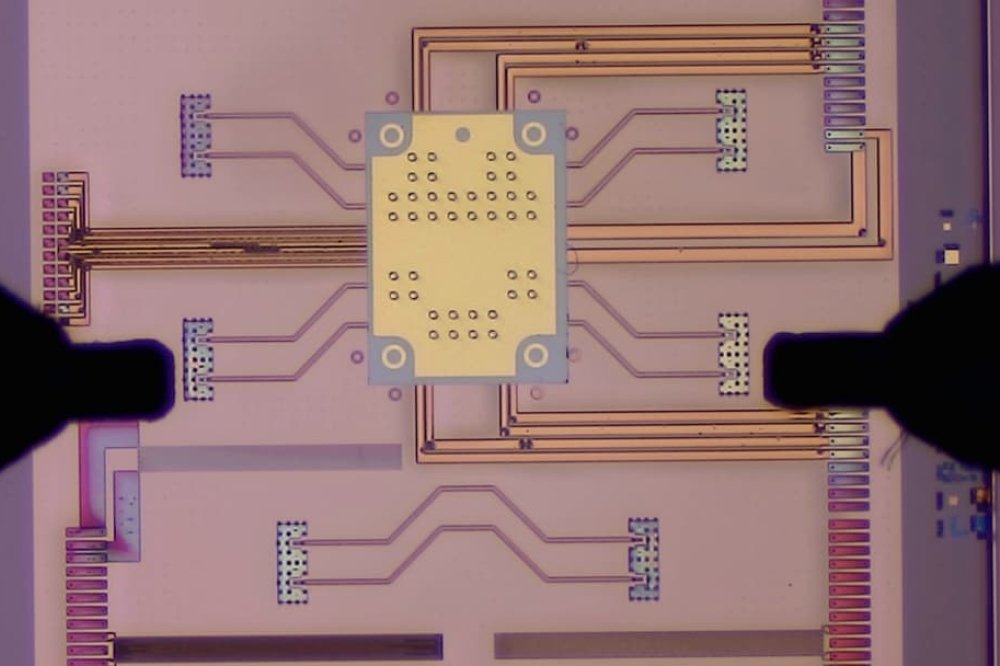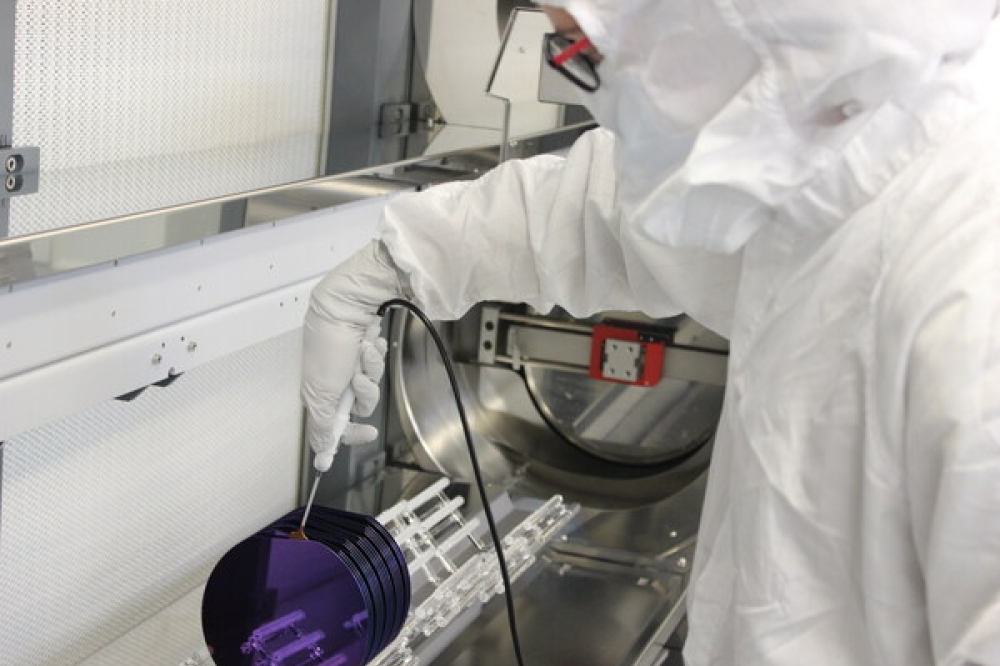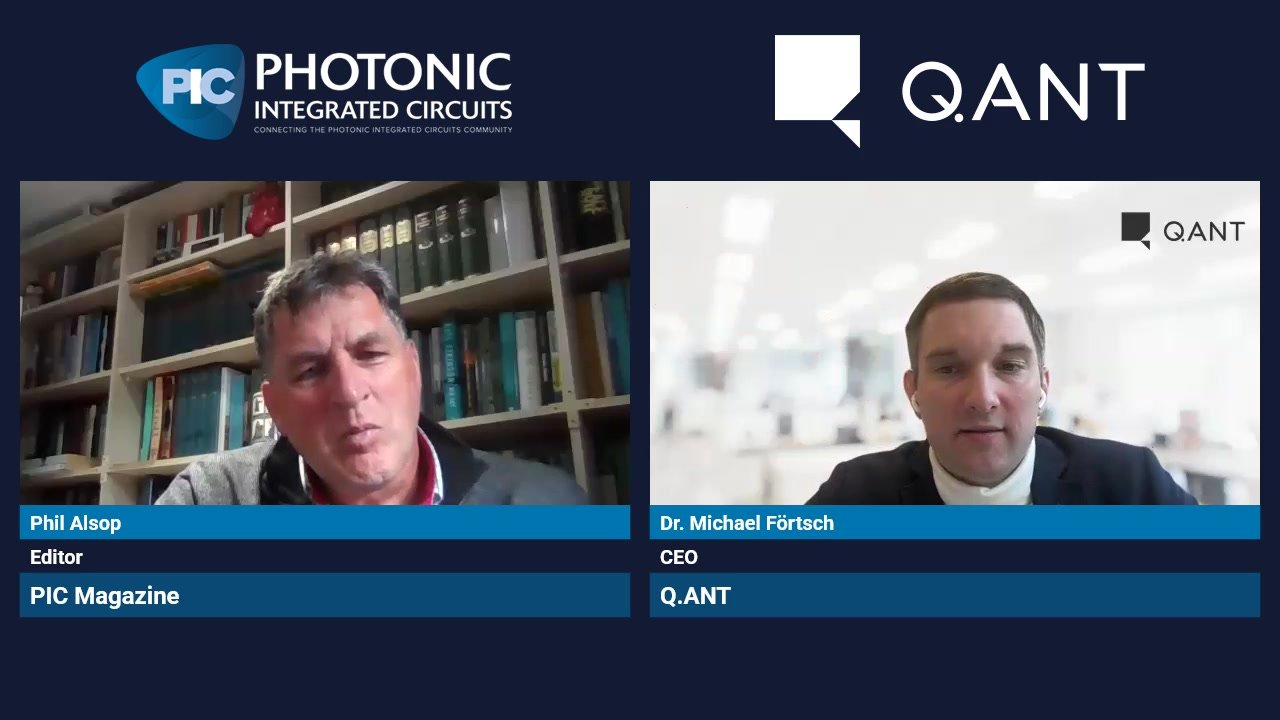Cambridge Graphene Centre and CORNERSTONE to participate in PIXEurope

The two research centres will receive up to £4.2 million in funding from the Department of Science, Innovation and Technology (DSIT), match-funded by Horizon Europe, to participate in the European Commission programme on photonic chips
The University of Cambridge has announced it is one of two UK participants named as part of the PIXEurope consortium, a collaboration between research organisations from across Europe which will develop and manufacture prototypes of their products based on photonic chips.
Photonic chips transmit and manipulate light instead of electricity, and offer significantly faster performance with lower power consumption than traditional electronic chips.
The Cambridge Graphene Centre and Cornerstone Photonics Innovation Centre at the University of Southampton will partner with members from across Europe to host a pilot line, coordinated by the Institute of Photonic Sciences (ICFO) in Spain, combining state-of-the-art equipment and expertise from 20 research organisations.
The PIXEurope consortium has been selected by the European Commission and Chips Joint Undertaking (Chips JU), a European initiative aiming to bolster the semiconductor industry by fostering collaboration between member states and the private sector. The consortium is supported by €380 million in total funding.
The UK participants will be backed by up to £4.2 million in funding from the Department of Science, Innovation and Technology (DSIT), match-funded by Horizon Europe. The UK joined the Chips JU in March 2024, allowing the country to collaborate more closely with European partners on semiconductor innovation.
The new pilot line will combine state-of-the-art equipment and expertise from research organisations across 11 countries. It aims to encourage the adoption of cutting-edge photonic technologies across more industries to boost their efficiency.
Photonic chips are already essential across a wide range of applications, from tackling the unprecedented energy demands of datacentres, to enabling high-speed data transmission for mobile and satellite communications. In the future, these chips will become ever more important, unlocking new applications in healthcare, AI and quantum computing.
Researchers at the Cambridge Graphene Centre will be responsible for the integration of graphene and related materials into photonic circuits for energy efficient, high-speed communications and quantum devices. “This may lead to life-changing products and services, with huge economic benefit for the UK and the world,” said Andrea Ferrari, director of the Cambridge Graphene Centre.
The global market for PIC production is expected to grow by more than 400 percent in the next 10 years. By the end of the decade, the global photonics market is expected to exceed €1.5 trillion. This anticipated growth is due to the demand from areas such as telecommunications, AI, image sensing, automotive and mobility, medicine and healthcare, environmental care, renewable energy, defence and security, and a wide range of consumer applications.
The combination of microelectronic chips and photonic chips provides the necessary features and specifications for these applications. The former are responsible for information processing by manipulating electrons within circuits based on silicon and its variants, while the latter use photons in the visible and infrared spectrum ranges in various materials.
The new pilot line aims to offer cutting-edge technological platforms, transforming and transferring innovative and disruptive integrated photonics processes and technologies to accelerate their industrial adoption. The objective is the creation of European-owned/made technology in a sector of capital importance for technological sovereignty, and the creation and maintenance of corresponding jobs in the UK and across Europe.
“My congratulations to Cornerstone and the Cambridge Graphene Centre on being selected to pioneer the new pilot line – taking a central role in driving semiconductor innovation to the next level, encouraging adoption of new technologies,” said UK science minister Patrick Vallance. “The UK laid the foundations of silicon photonics in the 1990s, and by pooling our expertise with partners across Europe we can address urgent global challenges including energy consumption and efficiency.”
Ferrari added: “The UK’s participation in the first Europe-wide photonics pilot line marks the start of the world’s first open access PIC ecosystem, stimulating new technology development with industry and catalyse disruptive innovation across the UK, while strengthening UK collaboration with top European institutions working in the field.”
Calum Littlejohns, coordinator of CORNERSTONE, said: “PIXEurope is the first photonics pilot line that unifies the whole supply chain from design and fabrication, to testing and packaging, with technology platforms that will support a broad spectrum of applications. I am delighted that CORNERSTONE will form a crucial part of this programme.”



